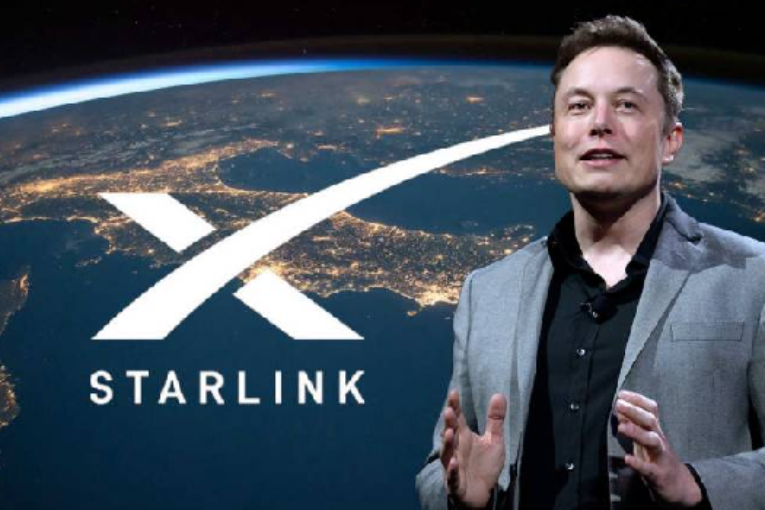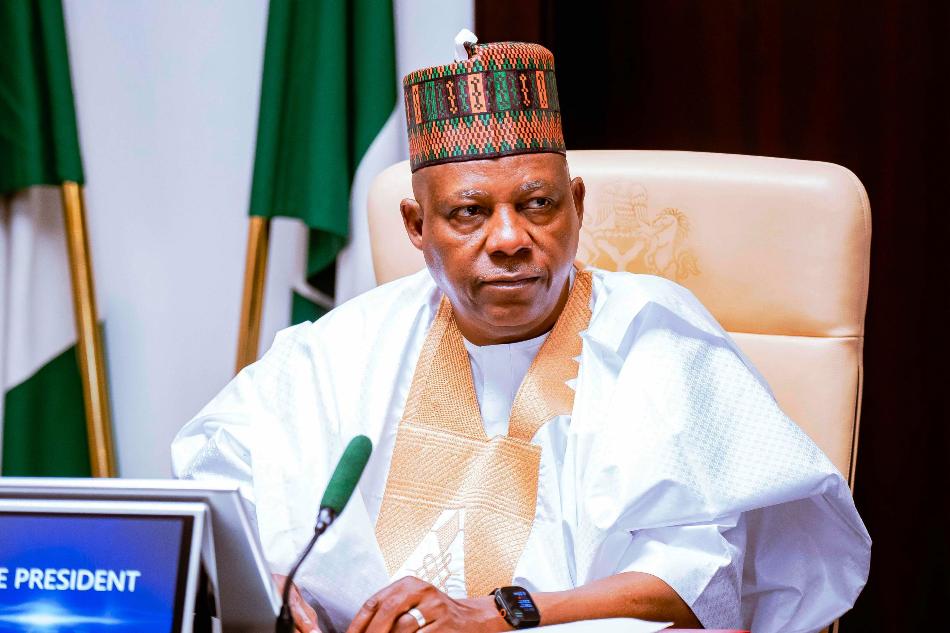
Elon Musk is celebrating a major milestone for Starlink in Kenya
Elon Musk, the CEO of SpaceX, has publicly celebrated the expansion of Starlink in Kenya, marking a milestone for the satellite internet service in the country.
Musk took to X to react to news reports about Nairobi City County’s implementation of Starlink as a backup internet link for its Customer Service Centre.
“Starlink in Nairobi!” Musk tweeted, applauding the integration of the service into the county’s ICT infrastructure.
The Nairobi City County Government recently announced that it had integrated Starlink satellite technology to enhance service delivery for residents.
This upgrade is particularly aimed at improving the reliability of the Nairobi Pay system, which is critical to the county’s e-government services.
Tiras Njoroge, Chief Officer of ICT Infrastructure, highlighted the importance of this integration, stating, “We are excited to announce the integration of Starlink satellite technology into our Customer Service Centre, aimed at enhancing and improving service delivery to the residents of Nairobi.”
According to Truphena Ogonda, the Nairobi City County Director of ICT Infrastructure, the system’s redundancy is expected to improve the county’s capacity to manage higher data loads, ensuring uninterrupted service delivery.
Starlink’s Journey in Kenya
Starlink officially launched in Kenya in July 2023, initially facing skepticism over its affordability and reliability.
However, the service has steadily gained traction, especially among users seeking alternatives to traditional internet services.
By March 2024, Starlink had expanded its subscriber base to over 4,800 users, a significant rise from the 405 recorded at launch.
A key factor in Starlink’s growing popularity is the introduction of a hardware rental option at Sh1,950 ($15) per month, making it more affordable than the original purchase price of Sh 45,500 ($350).
Starlink also offers a 50 GB monthly data plan for Sh1,300 ($10.16), which has positioned it as a competitive alternative to local telecom giants like Safaricom and Airtel.
User Experience and Challenges
While users in less populated areas have reported satisfactory performance, Starlink faces challenges in urban settings like Nairobi, where erratic internet speeds and high installation costs have been cited by early adopters.
Starlink’s entry into the Kenyan market has not been without controversy.
Safaricom, the country’s largest telecom provider, has raised concerns about the regulatory framework governing satellite internet services.
The telecom giant has urged regulators to impose stricter requirements on satellite providers to ensure compliance with local laws and encourage investment in local infrastructure.
How does satellite internet work?
Satellite internet works by transmitting signals from satellites in space to an internet service provider and then to a modem at the user’s location.
A satellite dish installed on the premises receives the signal, which is then distributed via a Wi-Fi router.
This technology is particularly useful in areas where installing physical infrastructure like fibre-optic cables is challenging or economically unviable.




